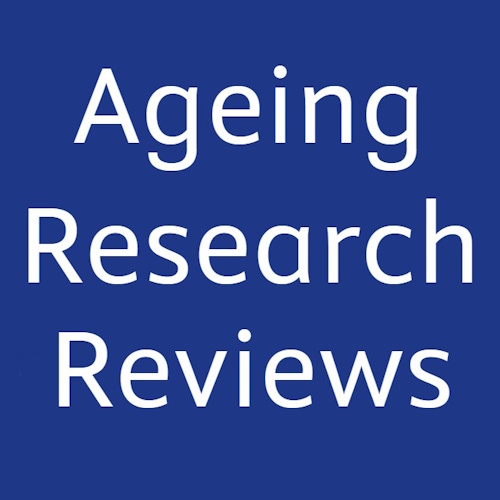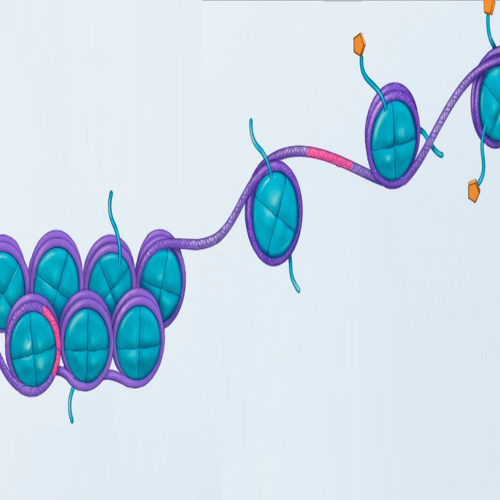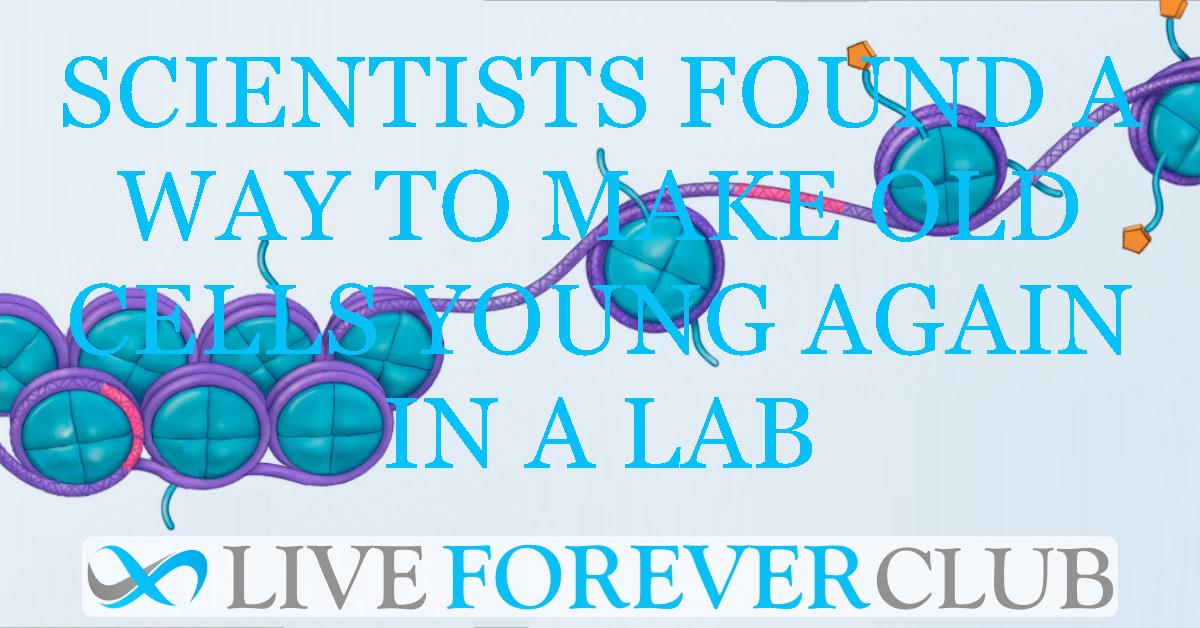As we grow older, our bodies go through many changes, both visible and invisible. These changes are not just about getting wrinkles or grey hair. They're about how the cells in our body function and communicate with each other. Our DNA, which is like a blueprint for the body, doesn't change much as we age. However, the way our body reads this blueprint can change significantly over time due to a process called epigenetics.
Epigenetics involves changes that affect gene activity and expression without altering the DNA sequence itself. It's like having a book where the words don't change, but the way it's read does. As we age, these changes accumulate, leading to the signs of ageing we all recognize.
A novel study has brought us one step closer to understanding how we might reverse these epigenetic changes. By focusing on a technique called epigenetic reprogramming, the researchers have shown it's possible to make old cells behave like young ones again. This doesn't mean changing the DNA itself but resetting the way it's interpreted, clearing away the 'errors' that have accumulated over time.
To achieve this, the researchers used a special set of proteins known for their ability to send cells back in time, making adult cells behave more like young, vibrant stem cells. These proteins work by cleaning up the epigenetic notes, effectively resetting the cells' ageing clocks.
Their methodology involved carefully introducing these proteins into aged cells and observing the changes. It was like watching a time-lapse of a flower blooming in reverse, as aged cells regained characteristics of their youthful selves. This process required not only a deep understanding of genetics and cell biology but also precision and patience, as the team meticulously monitored the cells' transformations, ensuring that they accurately captured the rejuvenation process.
What did they learn?
The results of this study are a significant leap forward in our understanding of ageing. Here’s a closer look at what the researchers discovered:
Rejuvenated Cells: The treated cells showed signs of returning to a more youthful state. This means that the cells began to behave more like young cells, indicating that the ageing process had been, in some way, reversed.
Improved Function: Not only did the cells look younger, but they also functioned better. This improvement in function suggests that the cells could potentially perform their roles in the body more effectively, as they did when they were younger.
Potential for Longevity: Perhaps most exciting is the implication that these findings could lead to interventions that not only extend lifespan but also improve the quality of life as we age. The idea that we might one day be able to rejuvenate our cells and organs offers a new perspective on ageing and longevity.
The study provided clear evidence that epigenetic reprogramming can have profound effects on aged cells:
Biological Age Reduction: The researchers were able to measure the biological age of cells—essentially how old they seem based on various markers—and found that reprogrammed cells exhibited markers indicative of a younger biological age.
Enhanced Cellular Functions: The rejuvenated cells showed improvements in various functions that typically decline with age. This includes their ability to divide, repair DNA, and respond to their environment in a way that is characteristic of youthful cells.
Implications
Traditionally, ageing has been seen as an inevitable process, a natural progression of life marked by a gradual decline in physical and cognitive functions. However, the research challenges this notion at its core. By demonstrating that it is possible to reverse the biological markers of ageing through epigenetic reprogramming, this study shifts the paradigm of how we perceive ageing. It suggests that ageing may not be an inexorable march towards decline but a reversible condition, subject to the intricate mechanisms that govern gene expression.
The Promise of Rejuvenation
The most immediate and captivating implication of this study is the promise of rejuvenation. The technique of epigenetic reprogramming, by resetting the biological clocks of cells to a more youthful state, could potentially extend the healthy years of life, reducing the burden of age-related diseases such as Alzheimer's, cardiovascular diseases, and diabetes. This not only has profound implications for individual health and well-being but also for the broader societal and economic challenges posed by an ageing global population.
A New Horizon for Medical Treatments
Beyond the allure of extending youth, the methodology and findings of this study open new horizons for medical treatments. By understanding and manipulating the epigenetic factors that drive ageing, scientists could develop targeted therapies to rejuvenate damaged tissues and organs. This could revolutionize the treatment of chronic diseases and injuries, offering new hope for conditions that are currently considered irreversible. The potential to heal and regenerate the body at a cellular level could dramatically change the landscape of medicine, making treatments more effective and recovery faster.
Envisioning a Future Shaped by Science
As we stand on the brink of what could be a new era in human health and longevity, the study by Pereira and her team serves as both a beacon of hope and a call to action. It challenges us to rethink our approach to ageing, to envision a future where the golden years are not just extended but enriched. The path forward will be complex, fraught with challenges, and laden with ethical considerations, but the potential rewards are unparalleled.
Credits and Recognition
This transformative work was conducted by a dedicated team from University of Aveiro and collaboration of various institutions and companies, all united in their quest to unravel the mysteries of ageing.. Their findings, published in the journal Ageing Research Reviews, mark a significant milestone in the field of ageing research.






